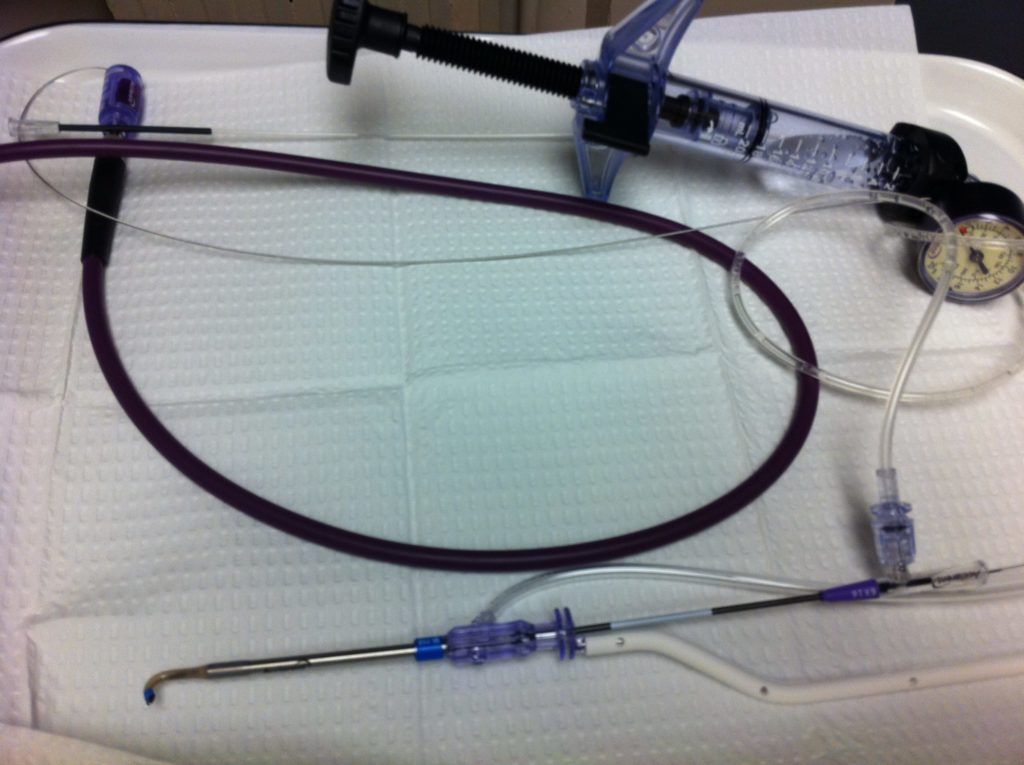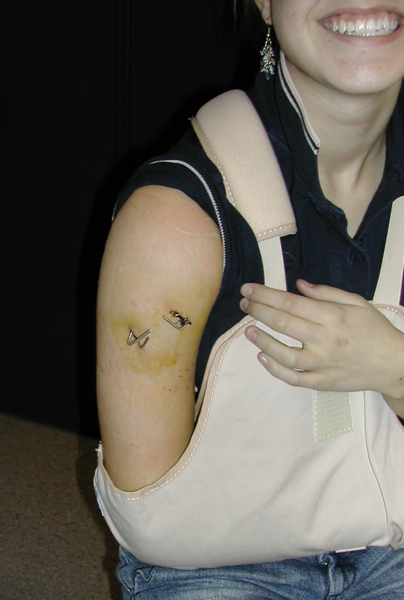I am baffled by the people I encounter in this country who think that “socialized medicine” is evil. I’m not sure how they arrive at this conclusion. It seems that, for some, anything they can label “socialist” is automatically frightening. But we have state-run fire and police departments and military (among many other things), and the vast majority of Americans would agree that these areas of common human endeavor are best run by government.
Why, therefore, do so many instantly discard the idea that governments can effectively provide health care? Other countries’ governments are managing national health systems quite well. Do we have so little faith in the abilities of our own government?
I’ve seen socialized medicine working for my own family. I lived in Italy for 17 years (my Italian husband is still there), and have written about my (mostly positive) experiences with Italy’s national health system.
My father lives in England with his British wife, and the UK’s National Health Service (NHS) has done very well by them. Just a few weeks ago, Dad had a $60,000 operation – paid for by the British government, and he’s not even a citizen! – to implant an electronic device which interrupts pain signals from his body to his brain: a last-ditch remedy for ten years of extreme, chronic pain due to arthritis. And it’s working.
In Italy, my mother-in-law had a mastectomy within days of a tumor being discovered, and her chemotherapy and related medications were free. When our daughter broke her arm, a compound fracture requiring surgery, the surgery, hospital stay, and follow-up care were free. When I had my own cancer scares, all the tests were done within days, and I paid less than 100 euros for the biopsy. I’ve been under treatment for glaucoma for years; with my doctor’s prescription in Italy, the medicine costs 2 euros a month.
Because health care is universal in these countries, medical privacy need not be a huge concern: you’re going to get treated, no matter what you’ve got. Whereas, in the US, you must jealously guard information about any chronic or genetic condition you may have, for fear that it will damage your chances for employment and insurance.
The Problem of Choice
Some Americans fear that a government-run health system would limit their choices, which is likely true. But is that such a bad thing? Too much choice can be as bad as too little, especially when it requires so much time and knowledge to understand what’s on offer and make an informed decision.
One of the most difficult transitions for me in moving back to the US has been precisely this. I’m an intelligent and highly-educated person, but simply comprehending my health insurance options (and, thank Sun, I have options!) has been largely beyond me so far. I have insurance, but that’s about all I know, pending further study that I haven’t had time for. I can imagine how overwhelming this must seem to someone much younger (or older) and/or less experienced than I.
In Italy, things are a lot simpler. You choose a family doctor from a limited list of local practitioners, most likely someone whose office is convenient to your home. When you’re sick, you visit that doctor during his/her office hours (some by appointment, some you just sit around and wait). If you need a specialist or tests, the family doctor writes an authorization and you schedule an appointment, which will be available later or sooner depending on how busy your local providers are and how urgent your medical situation is. I once scheduled a routine mammogram 8 or 10 months in advance, but when I needed one in a hurry for a suspicious lump, it was performed within 24 hours. (NB: Bi-annual mammograms are free for all women over 45. Socialized health systems are big on preventive medicine, because it makes economic sense.)
And if you want choice in Italy, you can pay out of your own pocket to go to whatever practitioner you like.
Of course, no system is perfect. Malpractice can happen anywhere. My father-in-law was probably killed in Italy by an anesthesiologist too old to be administering an epidural. My aunt’s botched hiatal hernia operation (in Austin, Texas) led to ten years of agony and, eventually, her death. Malpractice suits are rare in Texas, so she never got the money needed to help fix what the doctor screwed up. Penny-pinching by the Medicare system (America’s version of national health, available only to the elderly and used only by those who have no choice) likely exacerbated her problems and also contributed to her death. Being poor and uninsured limits your choices far more than a national health system does.
Given all this, I don’t understand why so many Americans have such a knee-jerk negative reaction to nationalizing health care. Can anyone explain this to me?








